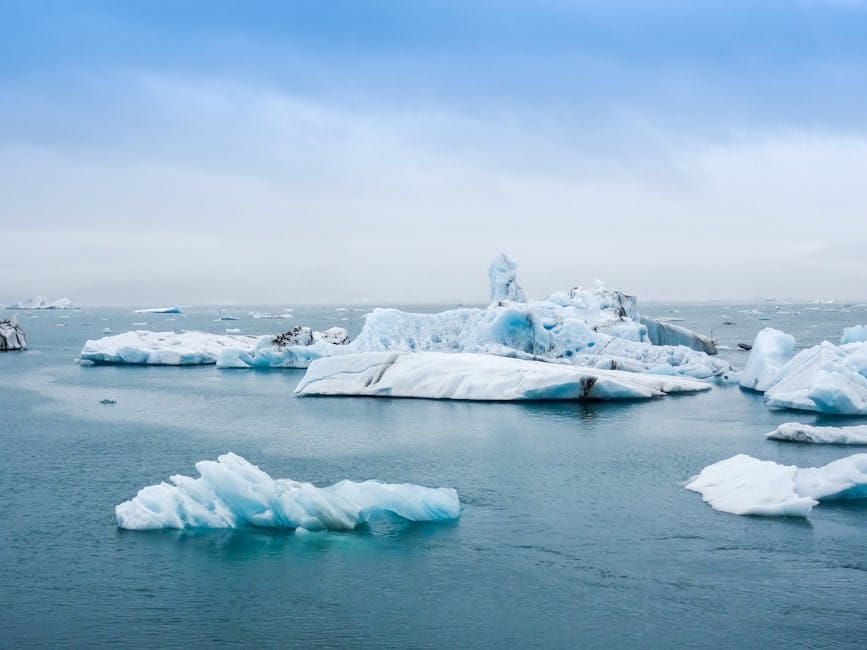1. **Temperature Rise:** The Earth's average temperature has increased by about 1 degree Celsius since the late 19th century, and it's projected to rise by another 1.5 to 2.5 degrees Celsius by 2050.
2. **Melting Ice Caps:** Rising temperatures are melting the polar ice caps, contributing to sea level rise and threatening coastal communities.
3. **Extreme Weather Events:** Global warming intensifies extreme weather events such as hurricanes, floods, droughts, and heat waves.
4. **Ocean Acidification:** As the oceans absorb carbon dioxide, they become more acidic, harming marine ecosystems and coral reefs.
5. **Food Security:** Climate change can disrupt food production, leading to food shortages and price increases.
6. **Water Scarcity:** Rising temperatures can deplete water resources, creating water scarcity in many regions.
7. **Health Impacts:** Global warming can lead to heat-related illnesses, respiratory problems, and the spread of infectious diseases.
8. **Economic Costs:** The impacts of global warming, such as infrastructure damage and relocation costs, can have significant economic consequences.
9. **Migration Patterns:** Climate change can force people to relocate due to rising sea levels, extreme weather, and food insecurity.
10. **Biodiversity Loss:** Rising temperatures and habitat destruction due to climate change threaten many animal and plant species, leading to a decline in biodiversity.
10 Alarming Truths About Global Warming

